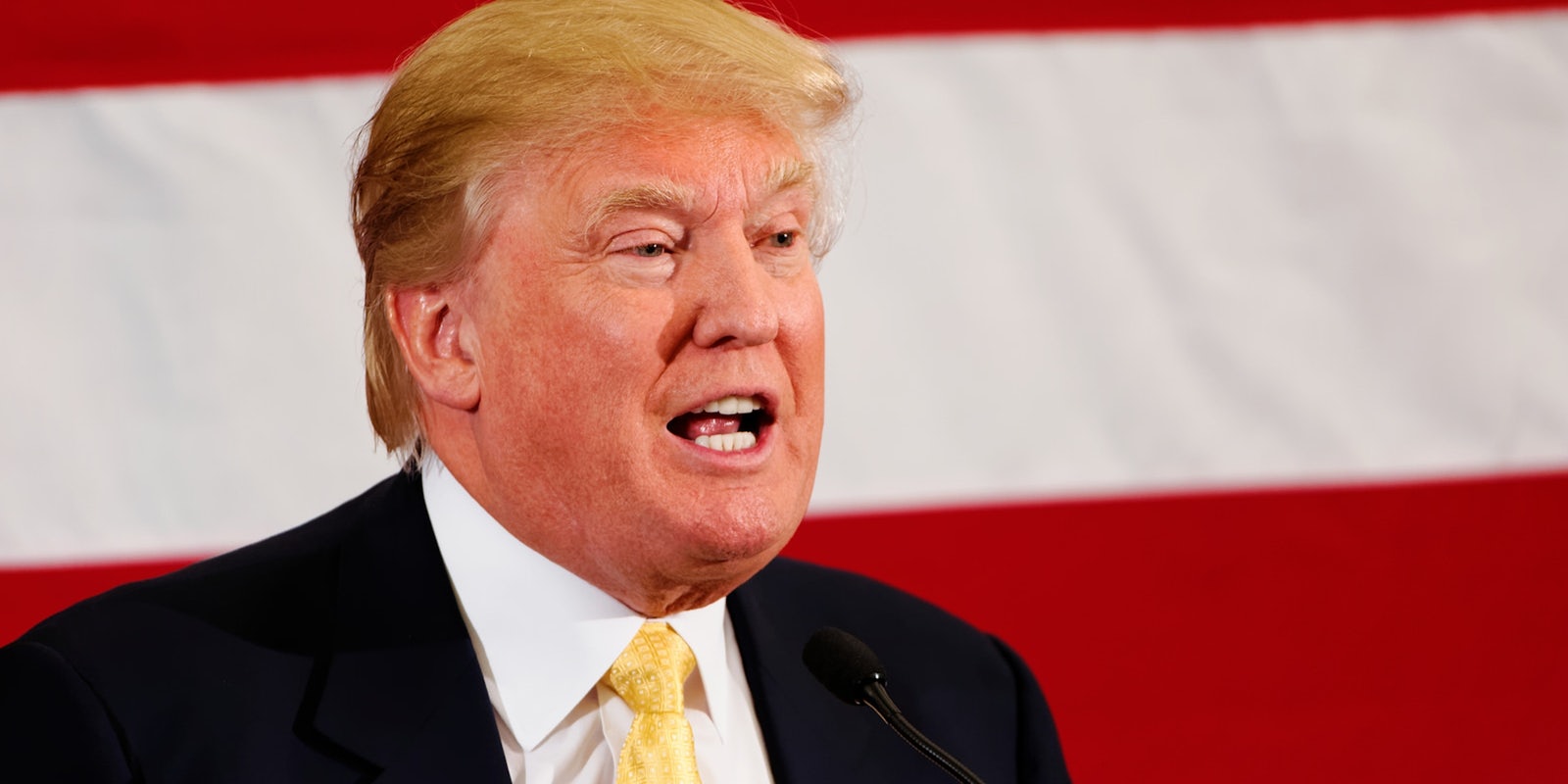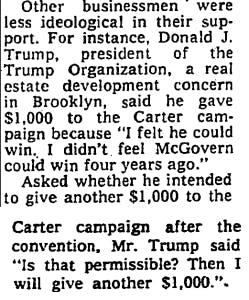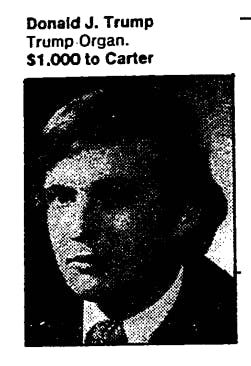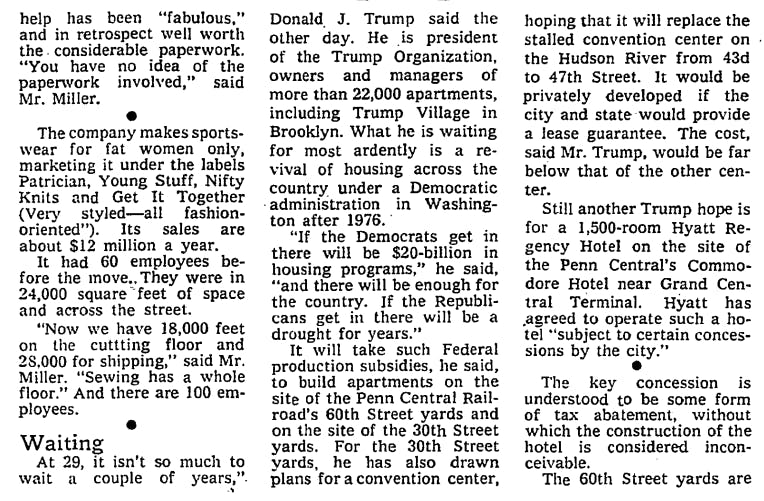The criticism was meant to sting.
Sen. Ted Cruz (R-Texas) pointed across the debate stage to Donald Trump and accused him of supporting liberal Democrats as far back as President Jimmy Carter, who represents a special kind of nightmarish bogeyman in American history for many conservative Republicans.
“You’re not going to stop the corruption in Washington by supporting someone who has supported liberal Democrats for four decades, from Jimmy Carter to John Kerry to Hillary Clinton,” Cruz said on Thursday night. “You’re not going to stop the corruption and the cronyism by supporting someone who has used government power for private gain.”
More recently, Trump has not only acted like he never supported Carter, but that Carter’s entire election dumbfounded him. In his 1987 book The Art of the Deal, Trump wrote, “I’d never understood how Jimmy Carter became president.”
It had at least something to do with the fact that Trump donated money to the Carter campaign and, using his already considerable mid-70s celebrity, publicly spoke out in favor of the Democrat’s campaign for the White House.
Trump’s reasoning resembles Cruz’s criticism: Personal gain.
In 1975, Trump said he favored the Democratic bid for the White House because $20 billion in housing programs and federal subsidies that would directly benefit his company and allow Trump to move forward on his firm’s increasingly profitable projects around Manhattan.
After his initial $1,000 contribution to Carter’s campaign, Trump was asked by a journalist if he would give more money.
“Is that permissible?” he asked. “Then I will give another $1,000.”
Trump went a few steps further, calling all restrictions on campaign contributions a bad idea.
“I think it’s a terrible thing,” Trump said in a 1976 interview with the New York Times. “You should be able to give as much as you want and can afford.”
The reason? Trump wanted to give more money to Carter’s election campaign.
Today, Trump calls the unlimited donation style campaign finance of super PACs “horrible.” He’s made challenging the status quo of campaign finance a cornerstone of his 2016 campaign, which is largely funded by personal loans from Trump himself.
After four years of presidency, Trump and members of his family donated to Carter’s reelection campaign and then to Democrat Walter Mondale’s campaign, both against Republican icon, President Ronald Reagan. He did donate to Reagan’s reelection campaign.
Donating to Democrats and reaping business rewards was an extended habit for Trump. In 1978, for example, Trump gave $65,000 to the reelection campaign of Democrat Hugh Carey for governor of New York.
Trump’s donation marked one of the biggest Carey received in his entire career. Within a few months, the newly reelected governor played a major role in awarding Trump the contract on a $375 million convention center in New York City.
Photo via Michael Vadon/Flickr (CC BY SA 2.0)





